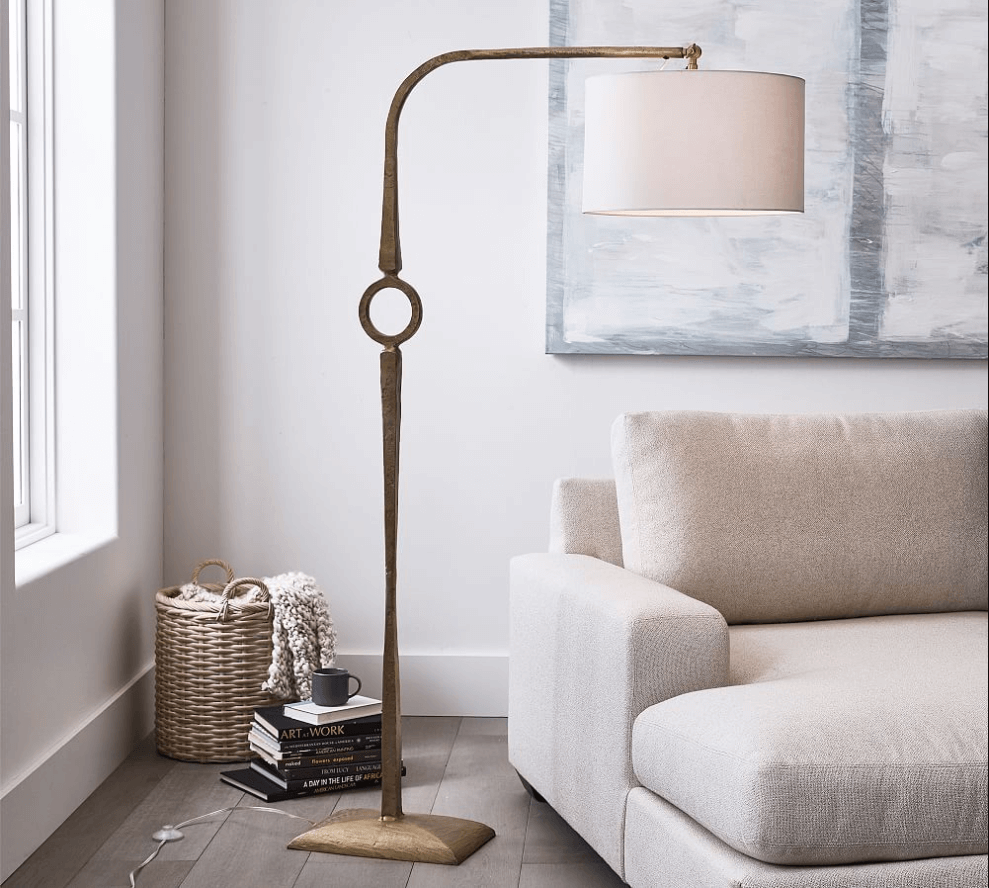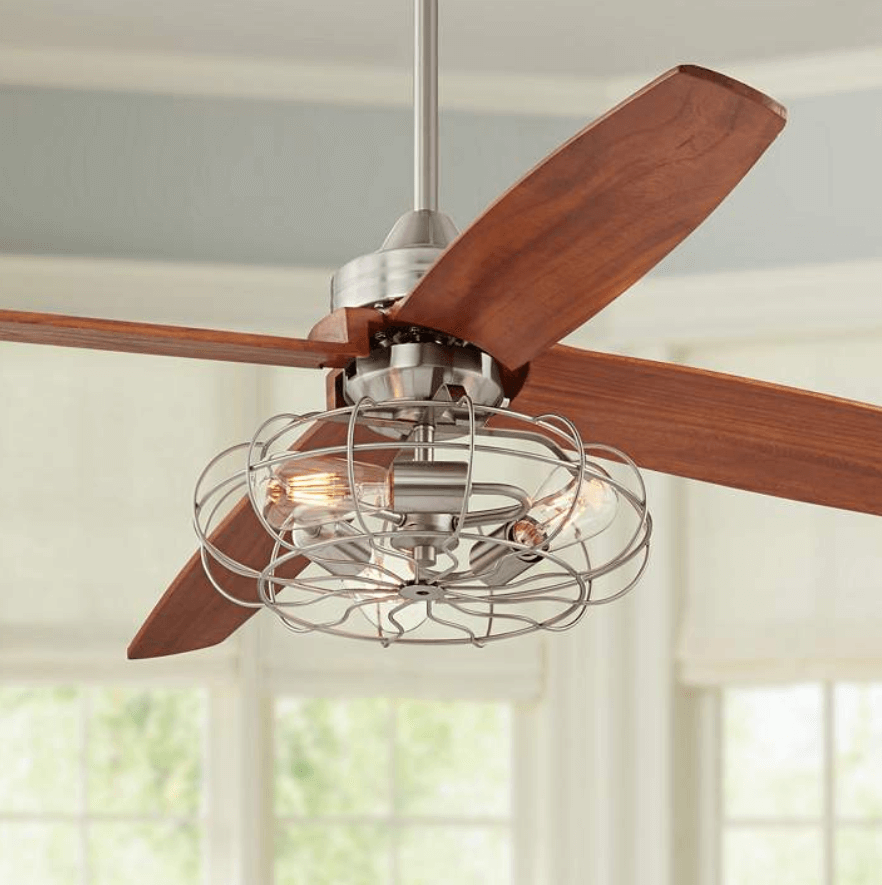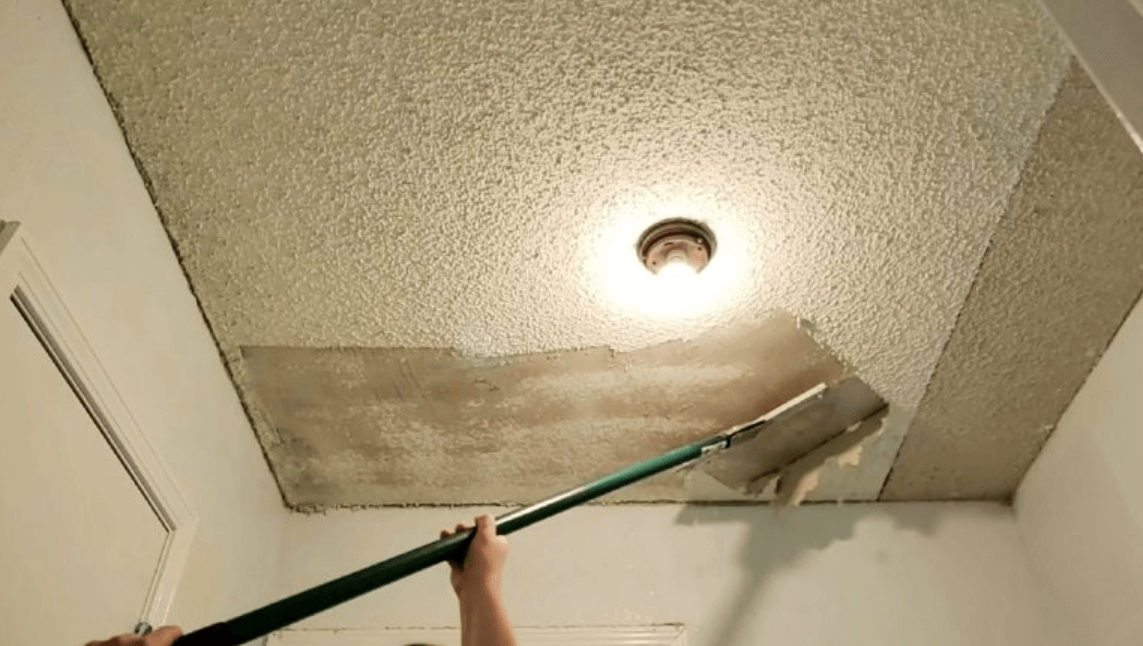The bathroom is a space that experiences high levels of moisture, frequent spills, and temperature changes. Therefore, it is crucial to select a flooring material that can withstand these conditions while also providing functionality, durability, and aesthetic appeal. In this article, we will explore the best flooring for bathroom and discuss their advantages and disadvantages.
Table of Contents
- Tile Flooring
- Ceramic Tiles
- Porcelain Tiles
- Natural Stone Tiles
- Vinyl Flooring
- Sheet Vinyl
- Vinyl Plank
- Vinyl Tile
- Laminate Flooring
- Engineered Wood Flooring
- Cork Flooring
- Conclusion
- FAQs
Tile Best Flooring for bathroom
Tile flooring is a popular choice for bathrooms due to its versatility, water resistance, and durability. There are various types of tile fbest flooring for bathroom available, including ceramic, porcelain, and natural stone tiles.
Ceramic Tiles
Ceramic tiles are affordable, easy to maintain, and available in a wide range of colors and designs. They are water-resistant and can withstand high levels of moisture, making them an excellent choice for bathroom floors. However, ceramic tiles can be cold underfoot, so using radiant heating systems or rugs can enhance comfort.
Porcelain Tiles
Porcelain tiles come in a variety of styles, including options that mimic the look of natural stone or wood. They are relatively easy to clean and maintain, but the installation process can be more complex.
Natural Stone Tiles
Natural stone tiles, such as marble, granite, or travertine, add a luxurious and elegant touch to bathroom floors. They are durable, timeless, and can increase the value of your home. However, natural stone tiles require regular sealing to protect them from stains and water damage. They are also more expensive than ceramic or porcelain tiles.
Vinyl Flooring
Vinyl flooring is another popular choice for bathrooms due to its water resistance, affordability, and versatility. There are three main types of vinyl flooring: sheet vinyl, vinyl plank, and vinyl tile.
Sheet Vinyl
Sheet vinyl is a large, continuous roll of flooring material that is easy to install and maintain. It provides a seamless and waterproof surface, preventing water from seeping into the subfloor. Sheet vinyl comes in a wide range of designs, including patterns that resemble natural materials like wood or stone.
Vinyl Plank
Vinyl plank flooring mimics the appearance of hardwood flooring. It is available in various styles and finishes, providing a realistic wood look for your bathroom. Vinyl plank is durable, moisture-resistant, and comfortable underfoot. It is an excellent choice if you want the aesthetics of wood without the risk of water damage.
Vinyl Tile
Vinyl tile flooring offers the look of ceramic or porcelain tiles but at a more affordable price point. Vinyl tiles are resistant to moisture and stains, ensuring long-lasting performance in the bathroom.
Laminate Flooring
It consists of a high-density fiberboard (HDF) core with a photographic layer that replicates the look of natural materials. While laminate flooring is relatively water-resistant, it is not recommended for bathrooms with excessive moisture or standing water.
Engineered Wood Flooring
Engineered wood flooring combines the aesthetics of hardwood with enhanced durability. It consists of a top layer of real wood veneer bonded to multiple layers of plywood or high-density fiberboard (HDF). Engineered wood flooring provides better resistance to moisture and temperature fluctuations than solid hardwood. However, it is essential to choose an engineered wood product specifically designed for bathroom use.
Cork Flooring
Cork flooring is an eco-friendly and comfortable option for bathroom floors. It is made from the bark of cork oak trees, which naturally regenerate. Cork is resistant to moisture, mold, and mildew, making it suitable for bathrooms. It also provides a soft and warm surface underfoot. However, cork flooring requires periodic sealing to maintain its water resistance. Read more…
Conclusion
Choosing the best flooring for bathroom involves considering factors such as moisture resistance, durability, maintenance, and aesthetics. Tile flooring, including ceramic, porcelain, and natural stone tiles, offers excellent water resistance and a wide range of design options. Vinyl flooring, whether in the form of sheet vinyl, vinyl plank, or vinyl tile, provides affordability and versatility. Laminate flooring, engineered wood flooring, and cork flooring are other viable choices, each with their own advantages and considerations. Ultimately, selecting the right flooring material will depend on your personal preferences, budget, and the specific needs of your bathroom.
FAQs
- Can I install ceramic tiles in the bathroom myself?
- Yes, ceramic tiles can be installed by DIY enthusiasts, but it is essential to follow proper installation guidelines to ensure a successful outcome.
- Is vinyl flooring suitable for bathrooms with radiant heating systems?
- Yes, vinyl flooring is compatible with radiant heating systems and can provide a comfortable and warm surface.
- Are natural stone tiles slippery when wet?
- Some natural stone tiles can be slippery when wet. It is recommended to choose textured or honed surfaces for better slip resistance.
- Can laminate flooring be refinished if it gets damaged?
- Unlike solid hardwood, laminate flooring cannot be refinished. Damaged laminate planks may need to be replaced.
- Is cork flooring suitable for bathrooms with frequent spills?
- Yes, cork flooring is resistant to moisture and spills, making it a suitable choice for bathrooms.










